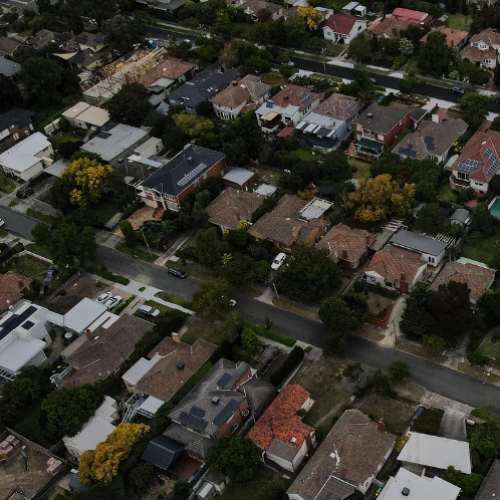Australia would grind to a halt without them but essential workers can barely afford to put a roof over their heads.
Early childhood educators, nurses and aged care workers in full-time work can only afford as little as one in 100 rentals, according to a survey released on Monday.
The figures show Australia’s housing affordability crisis is getting even worse ahead of a national cabinet meeting on Wednesday when rental stress will be a key discussion point for Prime Minister Anthony Albanese and state and territory leaders.
Kasy Chambers, executive director of Anglicare Australia which conducted the snapshot, says the numbers help explain why essential industries are facing labour shortages, as workers cannot afford to live in areas where the shortfall is the worst.
“Virtually no part of Australia is affordable for aged care workers, early childhood educators, cleaners, nurses and many other essential workers we rely on,” she said.
“They cannot afford to live in their own communities.”
The snapshot, taken on March 17, looked at 45,895 rental listings across the country and calculated how many were available for less than 30 per cent of the award rate for 16 categories of essential workers.
It found early childhood educators, hospitality workers and meat packers could only afford 0.9 per cent of listings available across Australia that weekend.
Aged care workers could afford 1.1 per cent of rentals, nurses 1.5 per cent and ambulance drivers 2.4 per cent.
Even in regional Australia, where prices have historically provided respite from the turbocharged urban centres, homes were unaffordable on the whole unless they were so remote jobs were not widely available.
Ms Chambers says the private housing market has failed those on low incomes, with rental vacancies at a record low 0.8 per cent despite a record high number of homes built over the last 10 years.
“The best way to make rentals more affordable is to build social and affordable homes,” she said.
“And we need tax reform to put people in need of homes, not investors, at the centre of our system.”
Mr Albanese’s $10 billion Housing Australia Future Fund remains stalled in the Senate, but the Greens have promised to help pass the legislation if the government offered the states and territories money to cap rents and offer greater rights for tenants.











